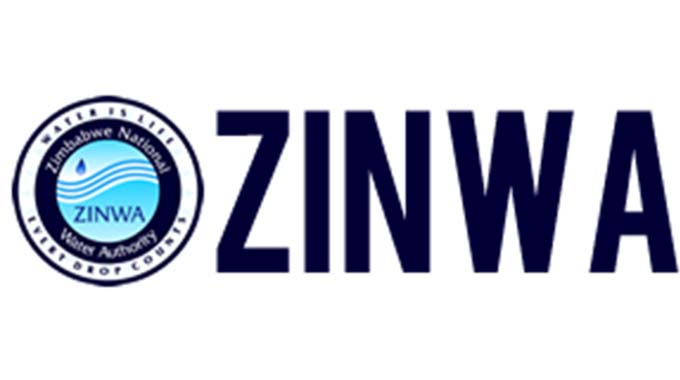800 computer labs to spearhead connectivity

Zvamaida Murwira Senior Reporter
The Postal and Telecommunication Regulatory Authority of Zimbabwe (POTRAZ) will set up 800 computer laboratories, provide 1 500 internet connectivity to rural schools as part of the Government efforts to ensure easy access of information communication technologies, legislators heard yesterday.
The provision of ICT gadgets will also boost Government efforts to bridge the urban rural divide while cushioning communities that have been suffering due to the effects of Covid-19 that saw learning being conducted online.
This was said by Potraz director-general, Dr Gift Machengete while giving oral evidence before Parliament’s portfolio committee on Information, Communication Technology, Postal and Courier services.
The committee chaired by Southerton MP, Mr Peter Moyo wanted to know what Potraz and the parent Ministry were doing to provide internet services including its affordability.
“On provision of ICT gadgets to schools, a total of 4 902 computers has been disbursed to 465 schools and we also distributed printers, projectors and servers to the schools. We are also providing internet connectivity to 1 500 rural schools, this is because we noted challenges which were being faced in delivering face to face lessons during the Covid 19 pandemic,” said Dr Machengete.
“As a result we had to embark on this project to roll out internet connectivity to rural schools. The cost of data is being borne by Potraz, maybe the situation will be revised when the situation becomes better.”
He said they were also providing computer laboratories to several communities.
“We have also deploying computer laboratory and 14 schools have benefited this year. We expect to deploy computer laboratories to 800 computer laboratories meaning each province might be getting 80 laboratories this year,” he said.
Dr Machengete said while there was inherent challenge of foreign currency, a team from Potraz was currently in South Africa scouting for the computers.
“The good thing is that we have been allowed by the Procurement Regulatory Authority of Zimbabwe to purchase the computers directly, the problem we have been having is the time we wait and sometimes delivery does not come after waiting for three to four months. Right now we are going direct to manufacturers,” said Dr Machengete.
He said they were also setting up Community Information Centres.
Nyanga South MP and former ICT Minister Cde Supa Mandiwanzira (Zanu PF) asked Potraz why they were not capitalising on the right extended to them by PRAZ to buy directly to manufacturers and demand that they come and invest in the country in return for an exclusive procurement from the firms.
Warren Park MP, Mr Shakespeare Hamauswa queried their tariff model structure given what happened recently when Netone imposed a 570 percent increase on its data bundles which resulted in an outcry from consumers.
Dr Machengete said while NetOne’s increase were steep, it fell within the threshold they had set.
He said in determining tariff structure, Potraz did not fix minimum charge, but the maximum fee and it was up to an operator to charge maximum or below.
“We had no problem with that because it was within the range. It is a business decision for an operator to raise charges to the maximum or remain low, we cannot again say you cannot jump to a higher dose, otherwise that will be regarded as interference by the operator,” he said.
Dr Machengete said in determining the tariff they considered the cost of data and affordability of consumers.
Acting Permanent Secretary of the Ministry, Dr Beullah Chirume called for Government support for the ICT industry saying Treasury should prioritise them if the sector was to make meaningful impact in the economy.










Comments